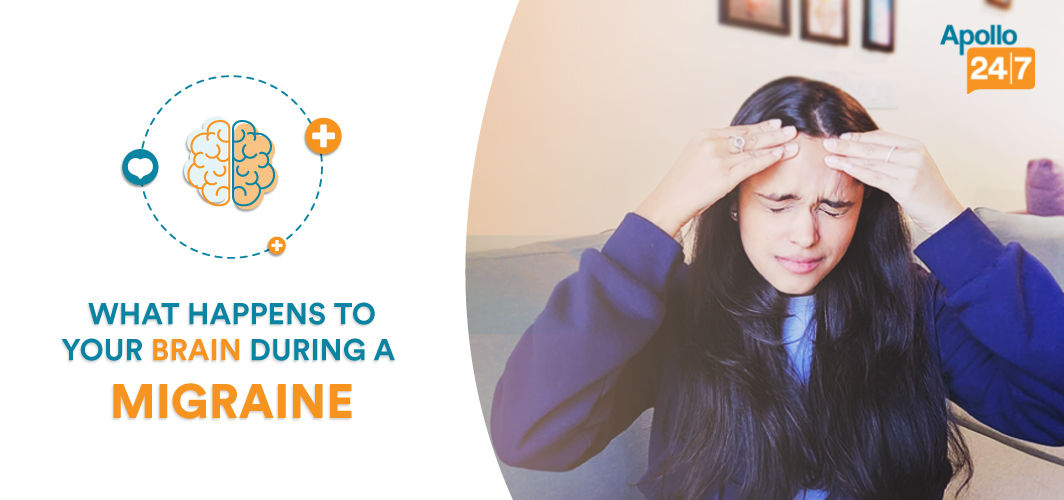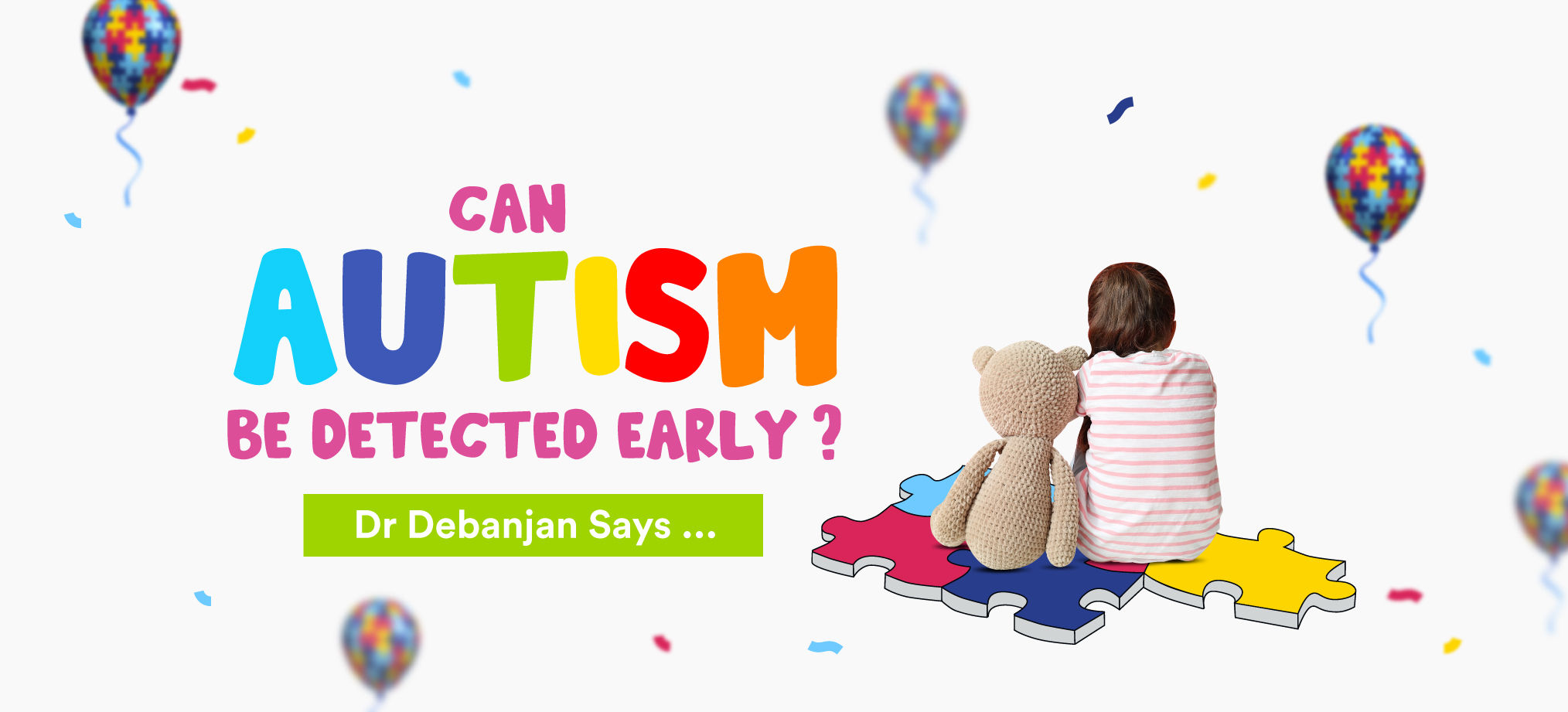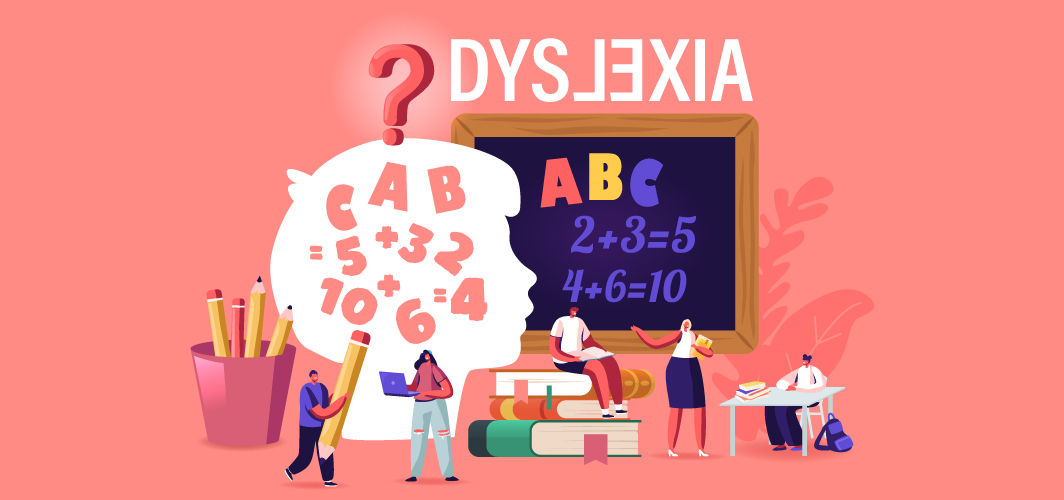Neurology
5 Reasons Why Your Parents Are Losing Their Balance
5 min read
By Apollo 24|7, Published on - 27 October 2022, Updated on - 07 May 2024
Share this article
0
0 like

Balance in our body results from the fine coordination between the body system and the brain. The cerebellum in the brain is responsible for coordinating mobility. Any dysfunction between different organs and brain linkage creates disruption in ensuring movement. Ataxia is a group of disorders that occurs due to incoordination between the brain and different body parts. In this problem, the patient exhibits signs like frequent stumbling, clumsiness, difficulty speaking and suddenly falling. It's a disease which affects people of all age groups but worsens with age.
Gaining insights into the causes and symptoms of Ataxia is essential to maintain optimum health during old age. Since complications of Ataxia can be serious and lead to death, it's important to prevent the progression from early on.
Here you will learn about the signs and primary reasons leading to Ataxia in your parents.
Symptoms of Ataxia
Ataxia leads to poor muscle control and mobility. The main symptoms indicating the presence of the balance disorder are:
- In coordination between different body parts
- Difficulty in maintaining balance while walking
- Slurred speech
- Slow and wide gait
- Issues with motor tasks like eating, writing and conducting daily activities
- Frequent stumbling
Causes of Ataxia or Loss of Balance in Elderly
In the younger generation, Ataxia can occur due to genetic mutation, lifestyle habits, side effects of medications and so on. In the elderly, it is usually accompanied by underlying medical problems. Geriatric diseases lead to disturbances in information transfer from the brain to other body parts.
The main reasons or health conditions that lead to Ataxia are:
1. Brain Stroke
More than three-quarters of all brain strokes appear in persons over 65. In fact, after every ten years, the risk of brain stroke doubles.
Since the human brain consumes 20% of total cardiac output, any weakening of the heart muscles and function results in poor oxygen transmission to the brain. Additionally, the prevalence of diabetes and hypertension also aid in the occurrence of brain stroke and, therefore, Ataxia.
2. Degeneration of the Brain
With age, the elderly are at risk of many diseases which affect the nervous system, including the medulla oblongata, spinal cord, cerebral cortex and brain stem. These diseases can be genetic or acquired. However, any occurrence of these conditions leads to degeneration in the area of the brain, controlling movement and balance.
Certain disorders which directly impact the health and lead to the degeneration of the brain are:
- Cortical atrophy
- Olivopontocerebellar degeneration
- Multisystem atrophy
- Freidrich's Ataxia
- Multiple sclerosis
- Spongiform encephalopathies like Creutzfeldt-Jakob disease
- Paraneoplastic disorders
Watch “Are Your Parents Losing Their Balance? It is Not Normal!” by Dr. Sandeep Nayani
3. Damage to the Spinal Cord
The spinal cord is responsible for controlling movement, ensuring the processing of sensory information and creating rhythmic patterns such as walking. Any injury in the spinal cord region obstructs the flow of information between the brain and the rest of the body. This can cause Ataxia in elderly patients.
The damage can occur due to traumatic and non-traumatic factors. The traumatic elements include accidental injuries. On the other hand, non-traumatic factors comprise infections, tumorous growth and medication-induced bleeding.
4. Alcohol Misuse
Damage due to overconsumption of alcohol translates into Ataxia in old age. Alcohol directly impacts the cells of the cerebellum. Individuals who consume liquor over a long span of time can face permanent brain damage, leading to Ataxia.
Alcohol affects the synaptic response of the brain. It causes harm to the granule cell and Purkinje cells inside the cerebellar cortex.
5. Medications
Certain medicines can also trigger a loss of balance in the elderly population. It can result as a side effect of medications like barbiturates, benzodiazepines, antiepileptics and chemotherapy drugs.
Generally, the effect of these medicines is reversible. However, with prolonged administration, they can result in permanent cerebellar damage.
On top of this, Ataxia can also appear as a reaction to certain toxins like carbon tetrachloride, heavy metals etc.
Treatment
Ataxia treatment depends on the underlying issue causing the loss of balance in your parents. Generally, the experts collaborate with a neurologist to figure out the root cause and the extent of damage in the cerebellum.
If diagnosed early, the patients can be treated with adaptive therapies like speech therapy, coordination exercises and occupational therapy. Your doctor might also recommend using certain devices like a cane or a walker to facilitate easy mobility.
Medications are usually recommended to relieve the symptoms such as tremors, body stiffness etc.
To Be Precise
Sudden loss of balance in old age isn't normal. Not only does it hint towards weakening the internal body structure, but it also points at the possibility of a serious complication. Moreover, a fall in elderly individuals can become an additional health hazard.
Ataxia can be a chronic or temporary condition depending upon the factors causing it. Since identifying the main reason causing Ataxia is difficult, it's best to consult an expert as soon as an imbalance occurs.
Check-in with your doctor immediately to diagnose the root cause of loss of balance before it turns severe.
Book Your Appointment With Dr. Sandeep Nayani
Medically Reviewed by Dr. Dhanunjay Reddy
Neurology
Consult Top Neurologists
View AllLeave Comment
Recommended for you

Neurology
What Happens to Your Brain During a Migraine?
Migraines are debilitating headaches that make us hypersensitive to light, sound, and physical activity. This blog explains what happens to brain during migraines, including how to prevent and treat them. Check it out.

Neurology
Understanding Autism: Insights By A Neuropsychiatrist
It is important to raise awareness about autism to reduce the stigma associated with the condition, thus making life easier for the people affected. Read to know more.

Neurology
Dyslexia Symptoms & Treatments: Know All About This Learning Disorder
Dyslexia is the most common learning disorder that impacts reading, writing, and spelling skills in kids and young adults. Thankfully, early intervention can help in its management.
Subscribe
Sign up for our free Health Library Daily Newsletter
Get doctor-approved health tips, news, and more.
Recommended for you

Neurology
What Happens to Your Brain During a Migraine?
Migraines are debilitating headaches that make us hypersensitive to light, sound, and physical activity. This blog explains what happens to brain during migraines, including how to prevent and treat them. Check it out.

Neurology
Understanding Autism: Insights By A Neuropsychiatrist
It is important to raise awareness about autism to reduce the stigma associated with the condition, thus making life easier for the people affected. Read to know more.

Neurology
Dyslexia Symptoms & Treatments: Know All About This Learning Disorder
Dyslexia is the most common learning disorder that impacts reading, writing, and spelling skills in kids and young adults. Thankfully, early intervention can help in its management.



